Ahead of the 2024 American Society of Tropical Medicine and Hygiene (ASTMH) annual meeting, hosted this year in New Orleans, attendees were offered a unique opportunity to participate in a pre-event Climate Fresk workshop to gain a better understanding of global warming’s effect on human health.
During the Climate Fresk, which was co-sponsored by Forecasting Healthy Futures and the ASTMH Committee on Global Health (ACGH), participants used a deck of 42 “playing” cards to create a visual representation of the climate system. The name "fresk" comes from the word "fresco," which is an artistic technique used to create murals.

“A Climate Fresk is a 3-hour long workshop that summarizes the IPCC climate report in a fun, interactive group activity without having to read the entire 2000-page report,“ said Nikyta Palmisani, Climate Fresk facilitator. “Our hope is that participants leave having formed stronger bonds with one another and feeling more equipped to implement the climate actions they identify.”
The interactive workshop consisted of three components: 1) The collaborative game to understand the science, causes, and consequences of climate change, including the impacts on health, 2) Reflection by participants on the learnings from their collaborative experience and how to collectively address climate change impacts, and 3) Brainstorming of solutions to create a path forward for individuals and collective action.
“The workshop was open to all attendees of ASTMH, so we saw people from all over the world working in tropical medicine research, public health, academia or doctors. It’s an incredibly diverse society,” said Dr. Andrea Buchwald, ACGH Councilor and infectious disease epidemiologist. “Our hope was that the Climate Fresk would help participants identify connections between their daily life, work and climate change, and think about how climate change impacts their work, and then maybe start to think about ways they can bring their work into questions related to climate change.”


“It’s important for health professionals, no matter what area of health they are in, to understand how climate change can impact the work they are doing,” said Grace Kim, Senior Manager, Program and Partnerships, Forecasting Healthy Futures. “For those who come from a public health background and aren’t exposed to climate change work, this workshop was really helpful for reiterating what around us is being impacted by climate change. Plus, its more fun than reading pages and pages of reports!”
More than two dozen ASTMH attendees participated in this year’s Climate Fresk, including from Germany, Mozambique, Kenya, Burkina Faso and more.

“I think climate change is a local and global issue and as someone who works in global health, it’s something I need to learn more and more,” said Yazoume Ye, Cesmel, Health & Climate Fresk participant from Burkina Faso. “I work on infectious diseases and malaria, and we know that climate is one of the drivers, such as temperature and rainfall can impact transmission patterns.”
“I’m not really an expert on climate change, but I am doing a lot of research on it,” said Nilam Ayub, U.S. President’s Malaria Initiative, Mozambique. “Climate change is something that interests me because I have two nephews, which I care about …I care about their future, about their health, about the water they will drink, the air they will breathe in the future. So, what most touched me was the impacts of climate change and the actions we can take to mitigate this issue.”
Coming Up:
FHF’s Institute for Health Modeling and Climate Solutions ASTMH Symposium
8:00 – 9:45am Central Time: Symposium - “From Ideation to Implementation: How Malaria and Dengue Early Warning Systems Can Strengthen Health System Adaptation and Response to Climate Change”



